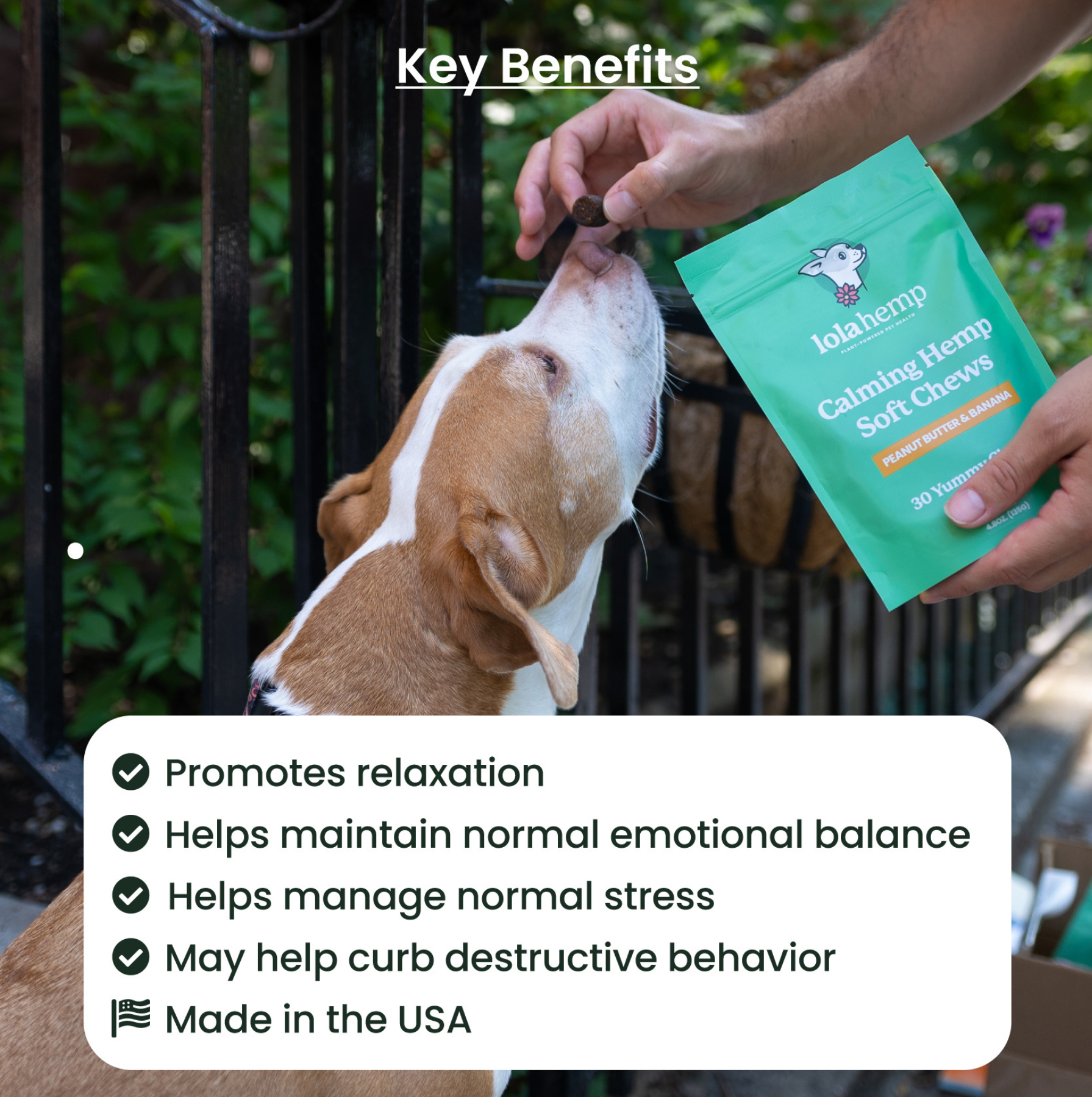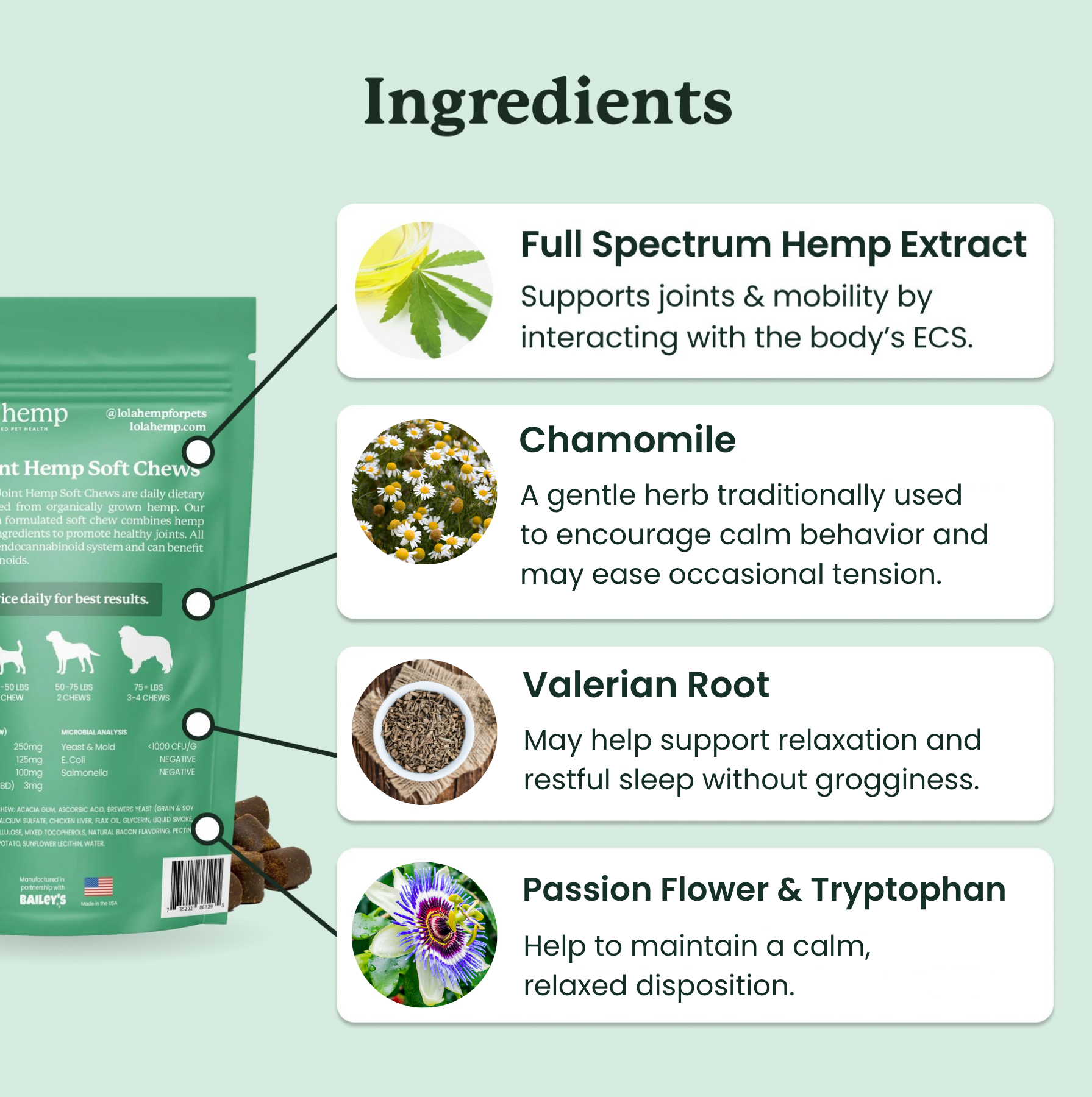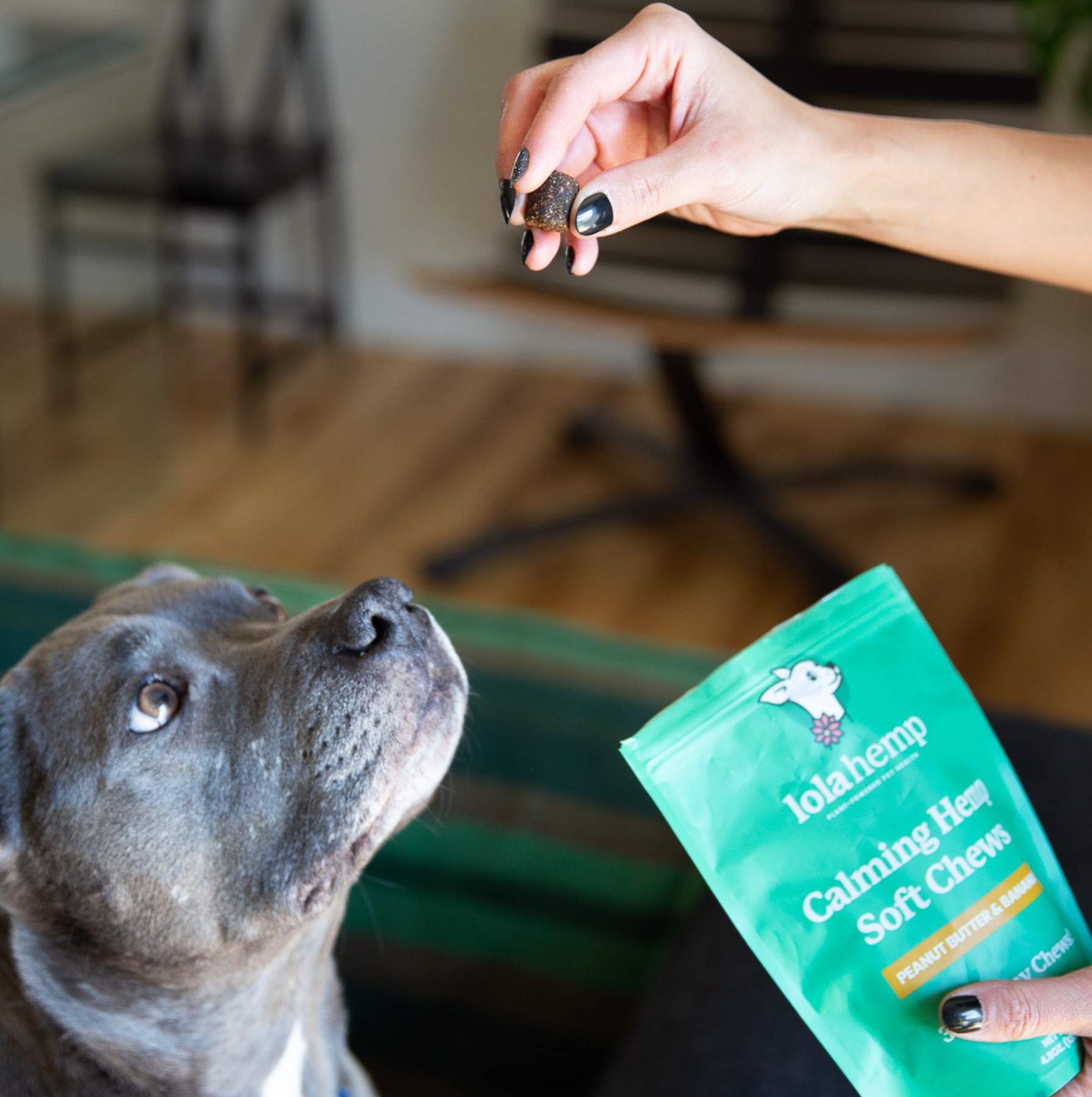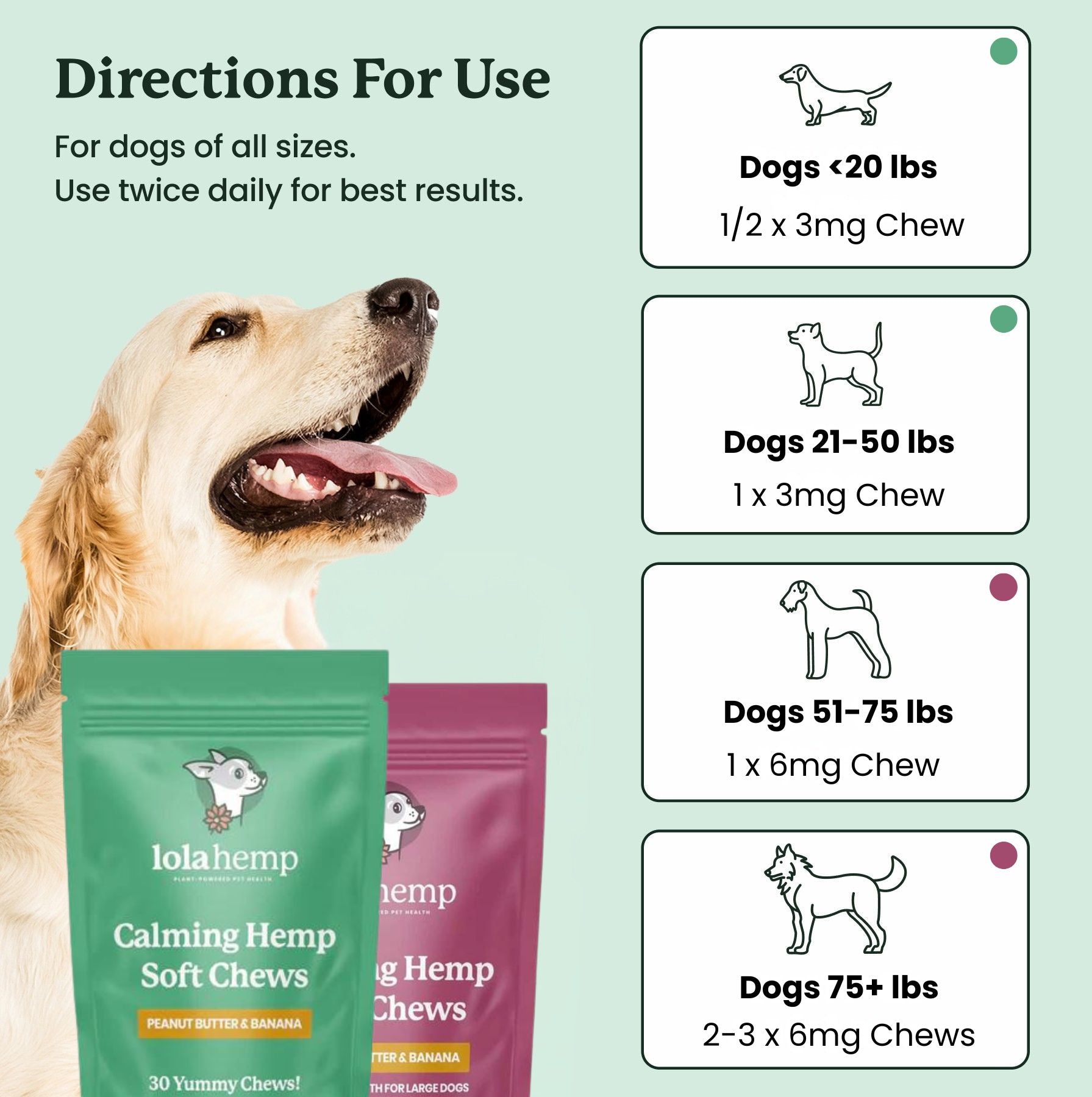Few things are cuter than a smiling dog. When your pup is panting, jaw slightly ajar, looking up into your eyes with their baleful expression, and smiling, you’re in heaven!
You might see the smile as validation that your doggo really loves you and has a great time around you. While that sentiment is probably very true, it might not be the case that your dog is “smiling” at you in the way you want them to. You may even be able to train your dog to smile, but it won't mean they're necessarily happy.
Sure, they're sort of "smiling" how humans smile, but what does the expression mean for dogs? Do dogs smile when they're happy? Let’s get down to the bottom of it so you can finally know whether or not your dog is truly grinning at you.
Dogs Evolved to Smile Through Domestication
Domestication is the gradual process of breeding animals to fit into the daily lives of humans. In some cases, an animal simply needs to be born and raised in the presence of humans to be truly 'domesticated.'
In most cases, though, a wild animal will not be safe to keep as a pet, no matter how cute it was as a baby. Over thousands of years, though, selective breeding allows us to end up with a population of animals that are fit to live and work as pets.
Just look at the full spectrum of domesticated dogs and compare them to their original ancestor, the wolf. We hand-pick certain traits and pass them down the line through breeding, and we end up with domesticated animals that enrich our lives in countless ways.
Neoteny is one possible explanation of dog smiling
There’s something called ‘neoteny’ in domestication. Neoteny occurs when an adult individual retains the characteristics they naturally had during childhood. In nature, these juvenile characteristics fall by the wayside.
Think of the cuteness of babies. The adorable qualities of babies slowly fade as they're better able to care for themselves. Some theories suggest that cuteness is an evolutionary tactic to draw adults toward small, helpless babies in order to care for them.
As the baby becomes more capable, the level of cuteness declines. When those traits remain into adulthood and get passed down, that is called neoteny.
Through the process of domestication (and general evolution in some cases), those traits get selected for and become normal in the future population of the species. Further, the environmental factors that demand certain mature traits are removed when an animal becomes domesticated, so there’s no selective pressure that prevents childlike qualities from going away.
This goes for mental and physical characteristics alike.
Passing Down Puppy Qualities
In the case of dogs, many of the characteristics that wolf puppies have are those that are advantageous for pet dogs to have.
Playfulness, sociability toward non-canines, the appearance of smiling, floppy ears, puffy coats, and even the inclination to alert a master that prey is captured rather than killing the prey themselves; these are some neotenized traits that exist in dogs today.
Different dogs were bred out at different rates, so the level of neoteny is unique in the case of each breed. Some breeds actually hunt to kill or perform duties that their adult wolf ancestors would have been naturally skilled at, so those breeds (like huskies and malamutes) aren’t as neotenized as most other breeds.
On a fundamental level, juvenile animal behavior is much more malleable and submissive than adult animal behavior. It’s advantageous to have a dog that listens to you and doesn’t attack, for example.
Human Reinforcement of Smiling Behavior
So, dogs probably retained the ability to smile through the process of neotenization and selective breeding. Still, their smiling doesn’t necessarily mean they’re happy.
But it doesn’t mean they’re unhappy, either. Happiness and smiling in dogs might just sort of be uncorrelated. In other words, the smile probably doesn’t reflect a specific emotion for dogs.
That said, we tend to reward them when they smile. That means they’ll keep doing it because they love the amazing praise they get when they do. In that sense, your dog might happily smile in anticipation of pets or treats. Dogs learn to do things you like mostly because they enjoy the rewards they get when they repeat those behaviors.
So, Is Your Dog Smiling For Real?
The short answer is no. But should you be sad that your dog isn't smiling at you the way you thought they were? No!
Your dog smiles because they know you love it. You love it because you and your ancestors have loved dogs for (possibly) 30,000 years. The simple fact is that their smile makes you happy, and that makes them happy.
What’s the difference between that and a ‘genuine’ smile? In effect, nothing.
Frequently Asked Questions About Dog Smiling
Do dogs smile because they are happy?
Dog “smiles” do not necessarily reflect a specific emotion like human smiles. The expression can appear when they are relaxed or anticipating something positive, but it is not a direct, reliable indicator of happiness.
What is neoteny and how does it relate to dog smiling?
Neoteny is when adult animals retain juvenile traits into adulthood. In dogs, neoteny can include playfulness, sociability, and the appearance of smiling, which have been favored through domestication and selective breeding.
Can I train my dog to smile?
Yes, many owners can train dogs to “smile” on cue using positive reinforcement. However, performing the behavior on command doesn’t necessarily mean the dog is experiencing the same emotion humans associate with smiling.
Why do some dog breeds seem to smile more than others?
Different breeds have different levels of neoteny and facial structure. Some breeds retain more puppy-like traits or have facial features that naturally look more like smiling.
Does my dog’s smile mean they love me?
Your dog’s smile often continues because you reward it with affection, praise, or treats. While the expression itself isn’t proof of love, the positive bond and reinforcement behind it reflect a strong, affectionate relationship.
Should I worry if my dog never seems to smile?
No. Dogs show contentment and affection in many ways, such as relaxed body language, wagging tails, seeking contact, and following you around. A visible “smile” is just one of many possible expressions.









